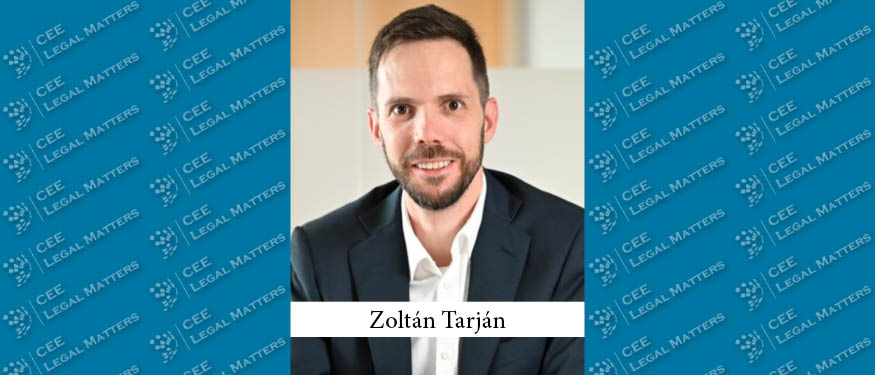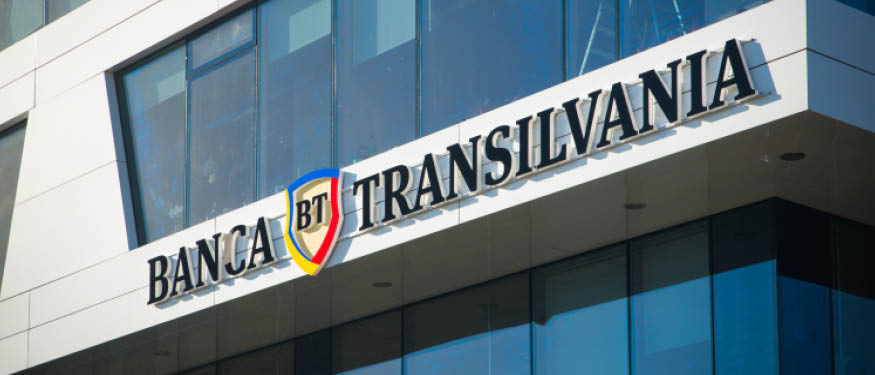Serbia’s new Energy Law was enacted in December 2014. The principle aim of the new legislation is harmonization with the aquis communautaire and liberalization of the market, ensuring the freedom to conduct business activities and free access to the system for all third parties. The law also imposes an unbundling obligation and prescribes deadlines for harmonization of the operations of the companies active in the energy sector with the new law.
Regarding the obligation to unbundle energy-related activities (which means to separate the activities of production, public supply, transmission, and distribution), the new Energy Law sets a deadline for unbundling, certificating new operators, and obtaining the necessary licenses of two years from the date of its entry into force.
Unbundling of activities has already taken place in the field of electric power, by merger of 14 existing companies into the Public Company JP Elektroprivreda Srbije system. After the merger only three companies remained: (i) JP Elektroprivreda Srbije, in the business of production and supply; (ii) EPS Snabdevanje, as public electricity supplier; and (iii) EPS Distribucija, as operator of the electric power distribution system. The merger took place on July 1, 2015. Transmission of electric power is conducted by Public Company JP Elektromreza Srbije, which was already a separate company.
In the field of natural gas the unbundling is in its beginning stages. On July 1, 2015, the Serbian Government approved the establishment of subsidiaries of Public Company JP Srbijagas, which had previously conducted the activities of transportation, distribution, and supply of natural gas. These subsidiaries will take the form of one company to perform the activity of transporting natural gas and another to perform the activity of distributing natural gas, so it is expected that these activities will continue without interruption while the subsidiaries apply for and receive licenses for their respective energy-related activities. JP Srbijagas will itself continue to perform the activity of supplying natural gas.
Electric power transmission system operators and natural gas transportation system operators will have to undergo a certification procedure, demonstrating to the Energy Agency that they are independent from other activities with regard to legal form, organization, and decision-making. The new Energy Law provides more detailed rules regarding the conditions that a natural gas transporter has to fulfill than it does for the conditions an electric power transmission system operator has to fulfill. Certification is the mandatory step preceding the obtaining of a license for conducting the respective energy-related activity.
The companies that will be in the business of distributing electric power or natural gas also have to be independent from other activities with regard to legal form, organization, and decision-making, but they do not have to undergo a certification procedure. Instead, their independence will be assessed within the licensing procedure.
The prerequisite for commencement of the certification procedure is the enactment of the appropriate bylaw which will regulate this issue in detail. The Energy Agency is required to enact this bylaw by the end of 2015.
Apart from certification and licensing, companies seeking to perform energy-related activities will also have to adopt programs for ensuring non-discrimination, containing measures for preventing discrimination, establishing the obligations of employees and rules of conduct in ensuring non-discrimination, ensuring efficient supervision and regular reporting, and specifying the person in charge of supervising the implementation of these programs. The appointment of this person requires the prior consent of the Energy Agency. The responsible person will be obligated to prepare annual reports on measures undertaken to implement these programs, submit the reports to the Energy Agency, and publish them on the website of the system operator or vertically integrated company.
By Jelena Gazivoda, Senior Partner and Nikola Djordjevic, Partner, JPM Jankovic Popovic Mitic
This Article was originally published in Issue 2.4. of the CEE Legal Matters Magazine. If you would like to receive a hard copy of the magazine, you can subscribe here.
















